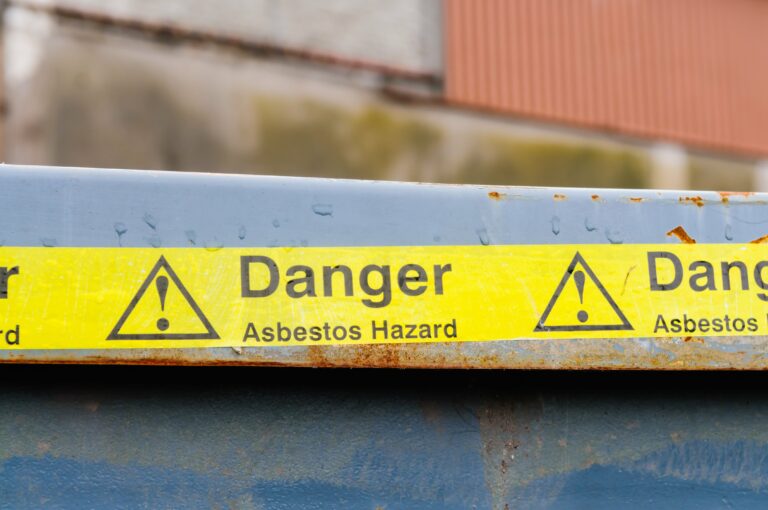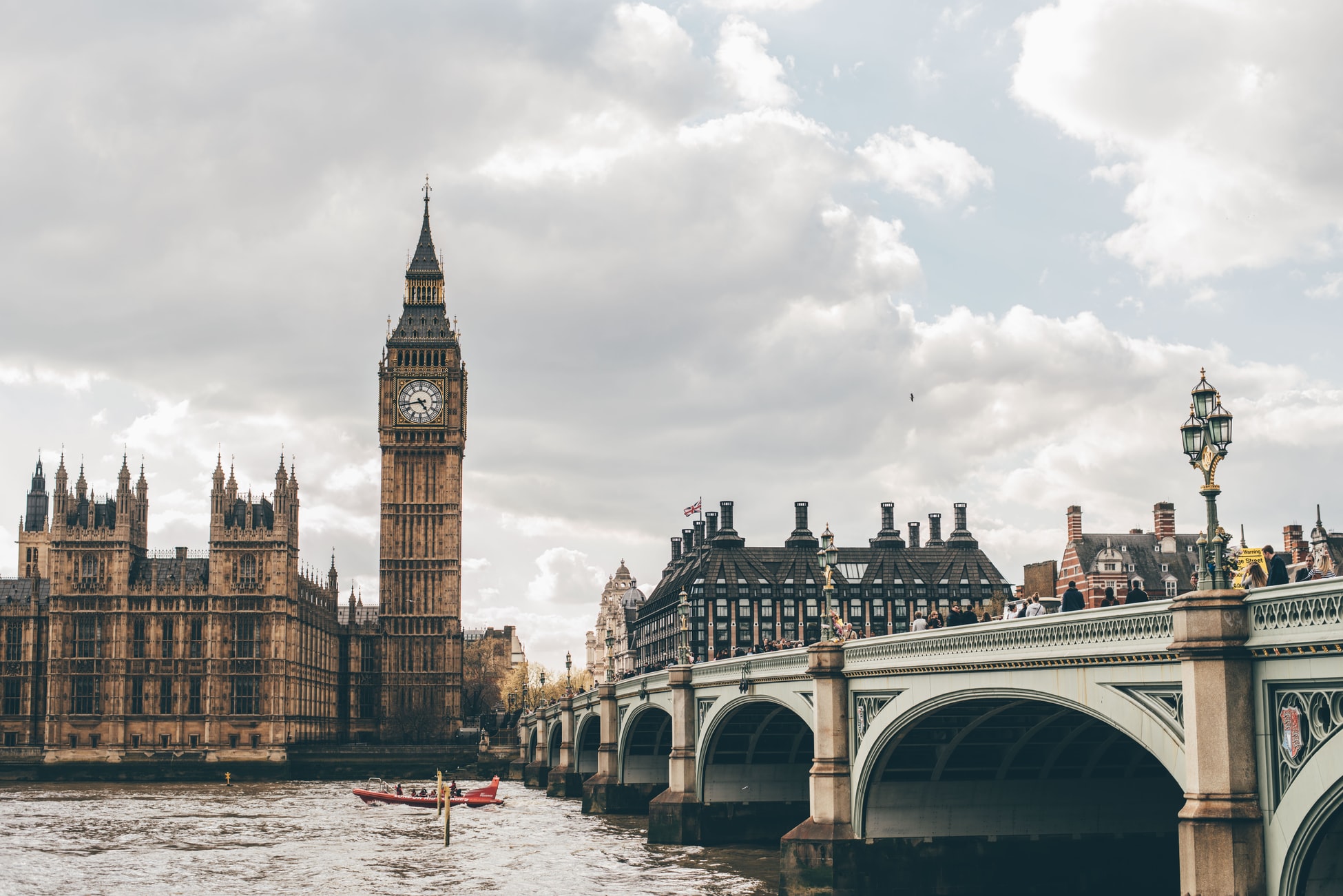BLOG
Keeping employees safe post-lockdown | 5 things to do now
Written by Nick Wilson on 16 July 2021

Restrictions might soon be over, but does this mean that employers should abandon all health and safety precautions? In a word, no, says Ellis Whittam’s Director of Health & Safety Services, Nick Wilson.
Lockdown easing doesn’t mean the pandemic is over. In fact, with the highly-contagious delta variant in the mix, cases are on the rise, and scientists are warning that the UK is in the early stages of a third wave.
The Prime Minister has urged that “caution is absolutely vital” as we dispense with some of the measures we’ve become accustomed to over the past 16 months. But with legal requirements soon to be scrapped, employers are left to wonder what exactly “caution” looks like.
While almost two thirds of adults have now had both vaccine doses, and the Health Secretary has acknowledged that there will “never be a perfect time to take this step”, some experts have branded the government’s decision to remove restrictions as “dangerous and premature”. Against this context, employers will be naturally concerned about the prospect of scrapping their COVID safety measures while the threat of the virus remains, and will want to know what post-pandemic risk management entails.
Let’s start with what’s changing
In England, step 4 will be activated on Monday 19 July. From this date, all social distancing restrictions will be removed, the legal requirement to wear a face covering will be lifted, and businesses will be able to open without limits on attendance numbers. The work from home advice will also be scrapped, meaning employers can begin to plan a return to the workplace.
The government has said it will not mandate the use of COVID-status certification as a condition of entry for visitors to any setting, at least for now. Instead, this will be “a discretionary choice for organisations to make”.
Additionally, from 16 August, under 18s and those who are double-jabbed will not have to self-isolate if they are a close contact of someone who tests positive.
Elsewhere, Scotland is expected to move to level 0 on 19 July, before removing most restrictions on 9 August. Wales is due to review its restrictions on 15 July, and Northern Ireland is expected to ease some measures on 26 July.
Related Content
Do you need support?
Speak to us for an honest, no obligation chat on:
0345 226 8393 Lines are open 9am – 5pm
Law versus guidance
Crucially, while measures such as face coverings will be no longer being required under coronavirus legislation, and Council powers to enforce legislation and rules will expire, employers will still have obligations under health and safety law.
The Health and Safety at Work etc Act 1974 requires employers to take all “reasonably practicable” steps to keep people safe. Therefore, while employers may be under the impression that they can simply abandon measures once the government permits, they still have a fundamental duty to assess and manage COVID risk.
In short, employers have always had a duty to provide a safe place of work, and this duty will remain long after restrictions are lifted. Measures such as providing welfare facilities (hot and cold running water and soap), adequate ventilation and cleaning aren’t just good at controlling COVID-19 – they were always required under and will continue to be important in creating a safe, healthy workplace.
As long as COVID-19 remains an occupational hazard – and it’s likely that it will become endemic – many of the measures that businesses have introduced to manage the virus will still be considered “reasonably practicable”, particularly those that are less intrusive, such as hand sanitiser stations and ventilation. By getting rid of them now, you may be falling short of your duty to minimise workplace health and safety risks.
Besides, what would be gained from removing them now? From a practical perspective, experts say the virus could settle into a seasonal pattern, and perhaps more importantly, these measures are likely to make staff and customers much more comfortable, which is crucial right now.

5 things to do now
The announcement effectively signals a change from government mandate to empowering people to make their own decisions. For employers, this means more uncertainty than ever before, as it will fall upon you to assess the risks and decide on appropriate controls.
My advice to employers is as follows:
Review your workplace risk assessment. You will hopefully have a COVID-19 risk assessment in place already; this is likely to now become part of a more general risk assessment in which COVID-19 will become one of a number of workplace hazards.
Review your vaccination and testing policy, or download a template from our Coronavirus Advice Hub.
Reconcile the measures in both of the above with the Working Safely guidance so that you can be confident they comply with recommended best practice. This will be updated shortly and will advise employers of sensible precautions that they can take to reduce workplace risk. We expect this will include familiar measures such as encouraging staff and customers to wash their hands regularly and cleaning frequently-touched surfaces. It’s also expected to explain how businesses can achieve adequate ventilation and reduce unnecessary contact, as well as provide clarity on the use of face coverings. It’s unclear at this point whether the guidance will be extended to all workplace settings.
Agree face covering arrangements. While no longer a legal requirement, the Prime Minister has said he expects and recommends that face coverings will continue to be worn in crowded, enclosed spaces where individuals will be mixing with people they don’t normally meet. Make sure to develop your policy and your risk assessment on face coverings in collaboration with your employees, as this will help to make your position clear and alleviate concerns. While face coverings are not PPE (and therefore not required by the regulations), if the risk assessment determines that they are necessary to keep people safe, the employer can insist that they are worn. However, there are employment law implications here, so make sure to download our Post-Lockdown FAQ – available free above – for further guidance.
Crucially, make sure you’re complying with the requirements of health and safety law. You may assume that because the Working Safely guidance isn’t law, there will be no repercussions if you choose not to follow it. Actually, that’s not the case. As mentioned above, employers have fundamental legal obligations. The Workplace (Health, Safety and Welfare) Regulations 1992, for example, provide that:
- “Effective and suitable provision shall be made to ensure that every enclosed workplace is ventilated by a sufficient quantity of fresh or purified air”
- “Every workplace and the furniture, furnishings and fittings therein shall be kept sufficiently clean”
- “Suitable and sufficient washing facilities shall be provided at readily accessible places”
Clearly, these things are relevant to the ongoing management of COVID-19. In fact, employers should have been doing them all along.
Continue to meet your responsibilities
The coronavirus pandemic has reinforced the importance of workplace health and safety, and demonstrated just how onerous risk management can become without the right support. To find out how Ellis Whittam can help you to save time, simplify compliance and stay on top of your responsibilities, call 0345 226 8393 or request your free consultation using the button below.
Sign up for the latest news & insights
Resources
Latest News & Insights

Why work experience matters | From the perspective of a university student
BLOG Written by Oliver Davies-Patrick, Creative Writing student, on 22 April 2024. National Work Experience Week, which this year runs from 22 to 26 April,

Climate change and OHS | Safeguarding workers in a changing world
BLOG Written by Tim Ketteman on 17 April 2024 Global warming – defined as the sustained alteration of average weather patterns over extended periods –

Enhancing health and safety in schools | 8 strategies for ensuring continuous improvement
Blog Written by Ross Henderson on 17 April 2024 In educational settings, ensuring the safety and wellbeing of students, staff, and visitors is a top

HSE continues to expand its asbestos campaign
BLOG Written by Nick Wilson on 16 April 2024 The dangers of asbestos exposure are well documented. Given these dangers, the Health and Safety Executive

Leveraging the candidate journey to maximise recruitment success
BLOG Written by Danielle Fargnoli on 10 April 2024 The candidate journey is a critical determinant of recruitment success for organisations. Indeed, beyond merely filling

Navigating work-related stress | Strategies for employers
BLOG Written on 2 April 2024 April is Stress Awareness Month, and with stress, depression and anxiety accounting for of all work-related ill-health cases, it’s

Managing employees suspected or convicted of criminal offences
BLOG Written by Susie Lockheart on 20 March 2024 For employers, navigating the delicate balance between an employee’s personal life and their professional responsibilities can

Avoiding discrimination | The impact of a rising State Pension age on PHI schemes
BLOG Written by Lesley Rennie on 28 February 2024 The existing State Pension age in the UK stands at 66 for both men and women,

Exploring recruitment trends in 2024 | What’s changing in the hiring landscape?
BLOG Written by Danielle Fargnoli on 27 February 2024 2024 is well underway and the world of recruitment is evolving at a rapid pace, driven









